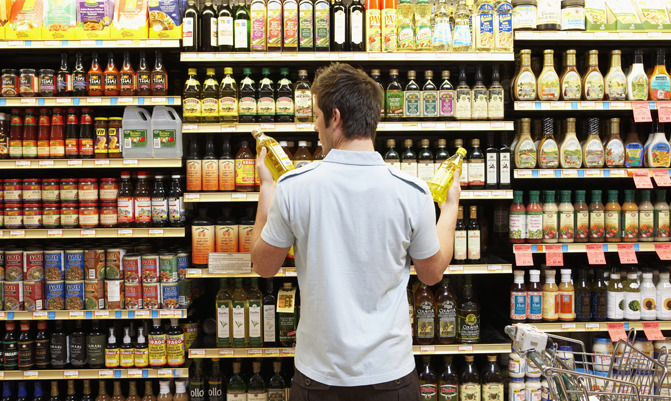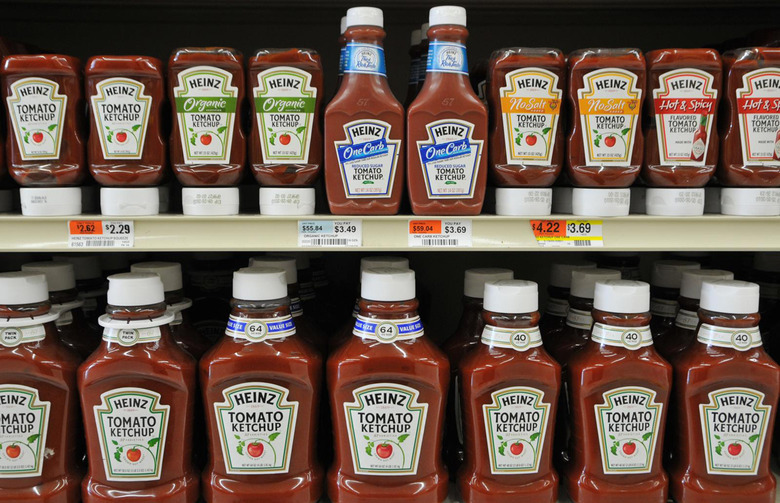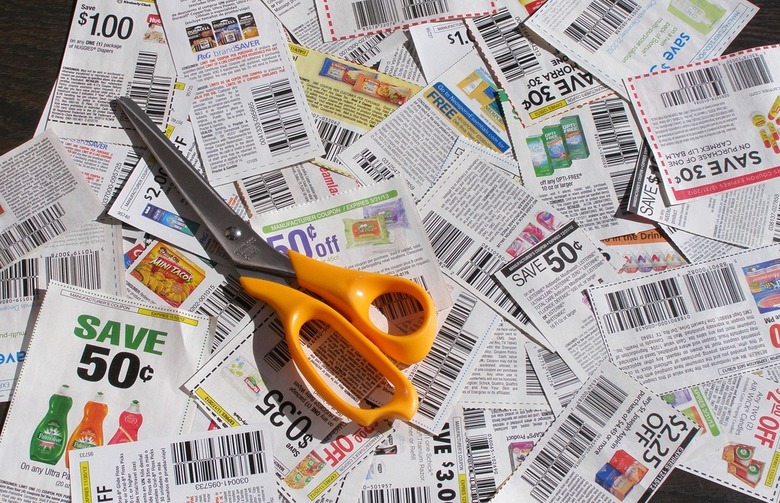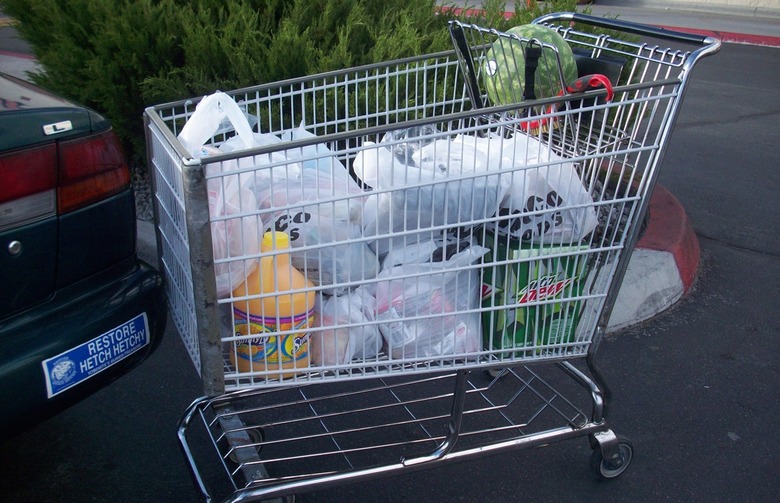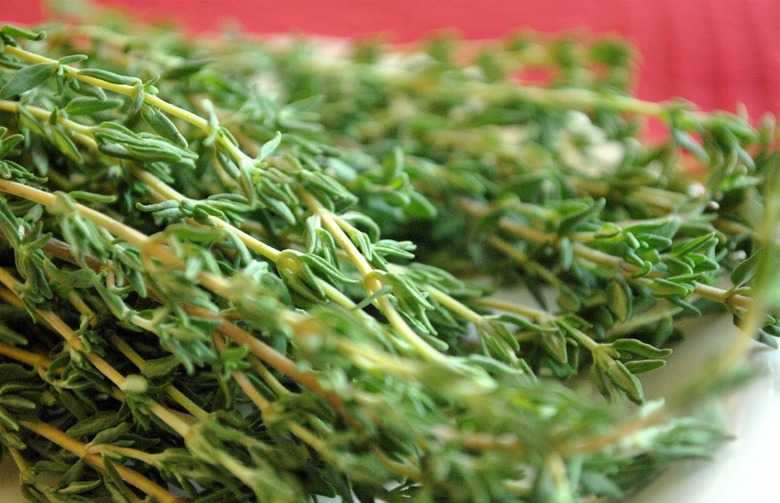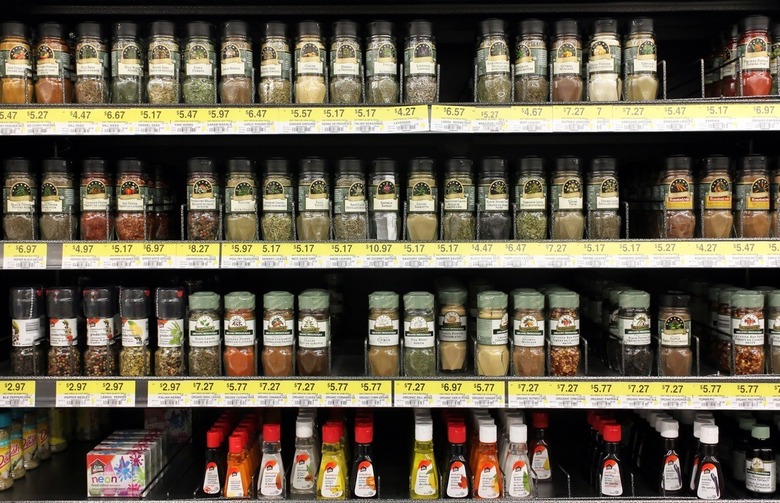Ways You're Wasting Money At The Supermarket Gallery
Visiting your local supermarket is like running a gauntlet of temptation. It's so easy to see something that you didn't even realize you wanted and put it in your cart without thinking about it. But if you're not careful, you can end up spending a whole lot more money than you were planning to. Here are 10 ways you're most likely wasting money at the supermarket.
By Not Making a List and Sticking to It
The easiest way to keep from going overboard at the supermarket is to take a full inventory of your kitchen, make a list of the items that you need, and write them down. When you're at the supermarket, make it your goal to not buy anything that's not on your list, as tempting as it might be.
By Bringing Your Kids
Dovetailing on the above tip, if you bring your kids with you to the supermarket, you'll be far more likely to make impulse buys. When kids see something that they want, they don't give up until they get it, and in many cases it's easier to just spend the few extra bucks to make them happy than to deal with nagging. Either become a master at saying no, or leave the kiddies at home.
By Going to the Store Hungry
It's been proven that when we food-shop on an empty stomach, we're more likely to buy unnecessary things. Hunger is a great motivator, and it also gives you eyes that are bigger than your stomach. Shop on a full belly and you'll be more likely to stick to your list.
By Buying Name Brands
For most food items, the generic stuff is just as good as the name brands — and a whole lot cheaper. Sure, the taste might not be identical, but you'd be surprised by the quality of a lot of generic or store-brand foods. Even if it's just 50 cents cheaper, the pennies add up.
By Buying Pre-Cut Produce
It may save you a couple minutes of slicing and dicing to buy pre-cut fruits and vegetables in their neat little containers, but the added convenience will cost you several dollars more than buying them whole. Also, once produce is sliced, it immediately begins to break down, so if you buy your produce whole you'll save money and end up with a higher-quality product. Use the opportunity to practice your knife skills!
By Not Comparing Prices
It's easy to just grab a container of chicken stock off the shelf and keep walking, but if you take a few seconds and compare prices on what's essentially exactly the same product, you'll discover that some brands cost a lot more than others. Comparing prices before making a purchase doesn't just make you a smart grocery shopper; it makes you an informed consumer in general.
By Not Using Coupons
By Not Taking Stuff Out of Your Cart
Before checking out, take a look at each item in your cart and ask yourself if you really need to make that purchase. By giving yourself a minute to assess, you'll most likely realize that you can do without at least an item or two. Even if you're already in the checkout line, just let the cashier know that you've decided not to buy them and they'll be restocked.
By Buying Fresh Herbs
When a recipe calls for rosemary, we're usually forced to buy a pack of the stuff for five dollars or more, only to end up using a small amount of it before allowing the rest to wilt in the fridge. Dried herbs work just as well as the fresh stuff in most applications, and if you must use fresh herbs, you should strongly consider investing in an herb garden. They can grow just about anywhere, and will end up costing you a fraction of the price.
By Not Making Your Own Spice Mixes
Spice blends may sound great on principle, but they're usually just salt mixed with spices you most likely already have in your spice cabinet. Experiment with what you have and you'll find that your homemade spice mixes are better than the pre-mixed ones anyway.
Read More: The Best Grocery Store in Every State
20 Ways Supermarkets Trick You Into Spending More Money
11 Secrets Supermarkets Don't Want You to Know
Are These the Worst Supermarkets in America?
Here Are the 10 Dirtiest Places in Every Supermarket
